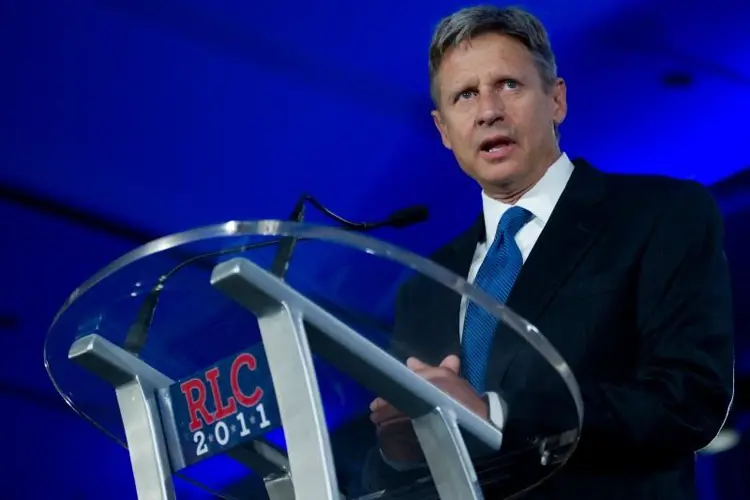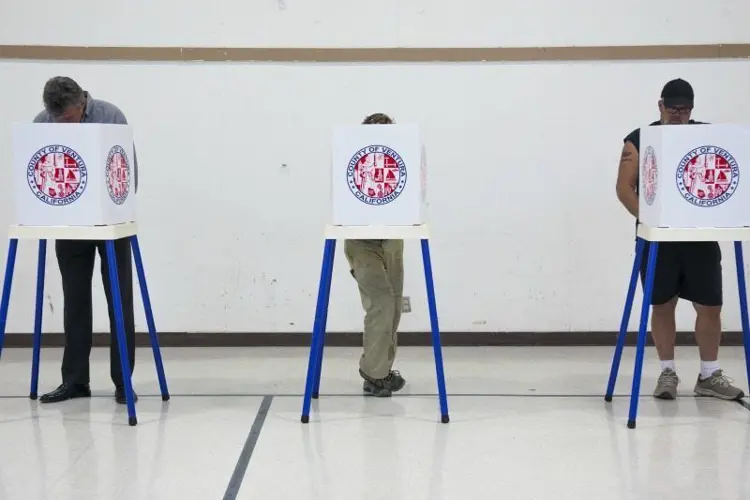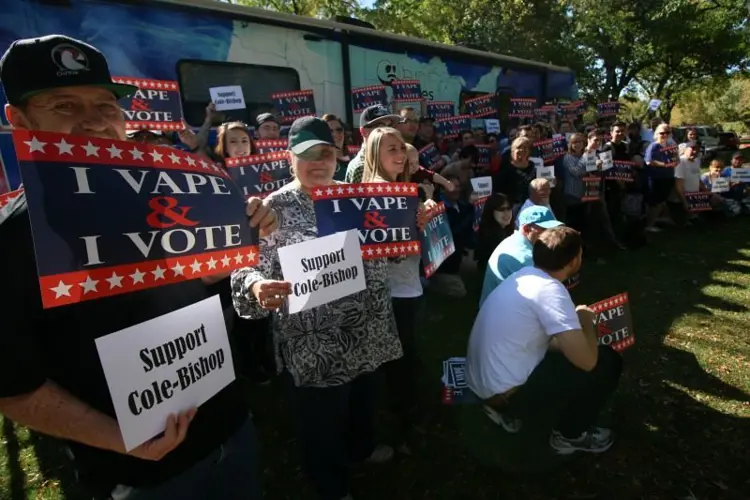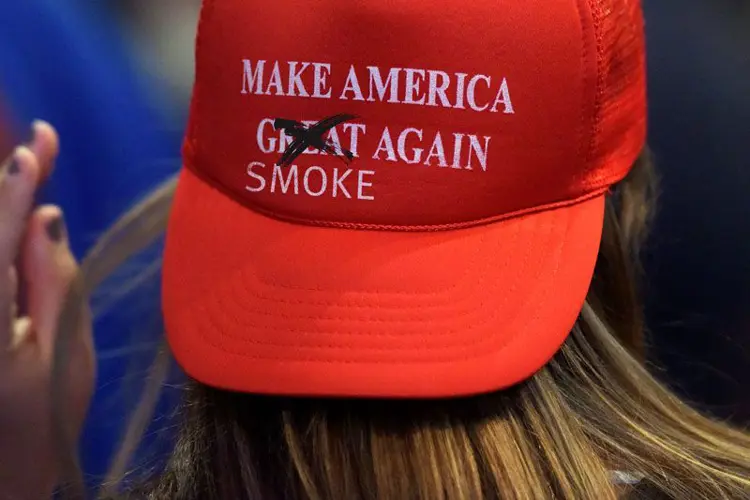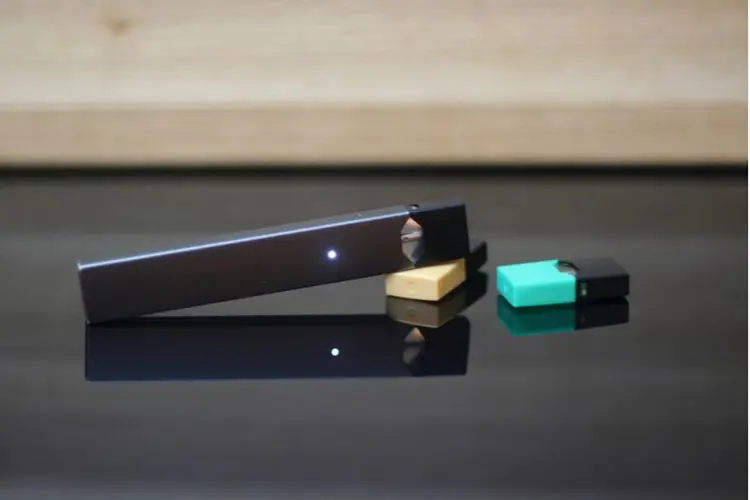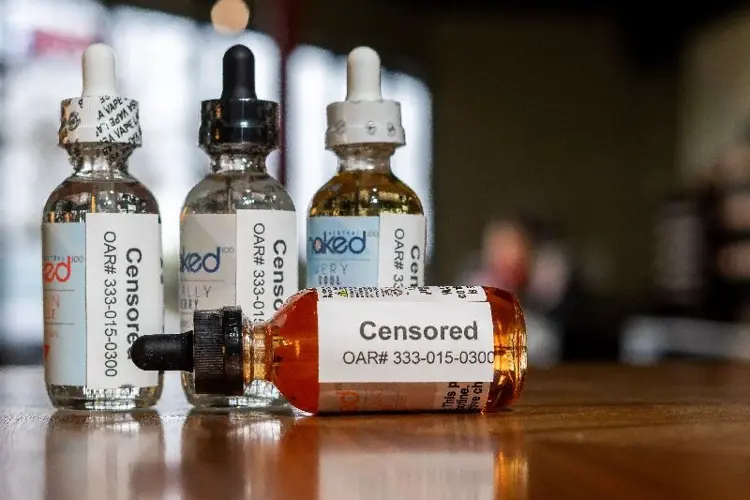The national election
Across the country, citizens are lining up to cast their votes. For vapers today is especially anxious, since the results may have a huge impact on the future of our industry, our local vape shops, and the ability of vapers and smokers to choose from a wide variety of products.
Neither of the major-party presidential candidates has spoken on the issue of vaping, or taken a stance on the FDA's deeming regulations, which amount to the legal destruction of the independent vapor products market.
As we reported last month, Libertarian Party candidate Gary Johnson is the only candidate who has taken a pro-vaping position. Jim Wallace, national director of the Johnson campaign said, "The vaping industry currently counts about nine million customers, producing about $4 billion a year in annual sales. With the excessive regulations recently introduced by the FDA, it’s estimated that as many as 12,000 vaping shops will be put out of business. As Gov. Gary Johnson has said, the free market and entrepreneurial spirit should be encouraged, not destroyed. Nowhere is this more obvious than the vaping industry."
Most vaping advocates assume that Hillary Clinton, if elected president, would maintain the same approach to vapor that President Obama has had. Both are Democrats whose health policies are informed and supported by essentially the same people. They are more prone to believing the anti-nicotine rhetoric of groups like the Campaign for Tobacco-Free Kids.
Republican nominee Donald Trump is a question mark. Many Republicans are largely sympathetic to the vapor industry, because of general support for free market principles. But Trump is a wild card on almost every issue. He hasn’t stuck to the party line on other traditional Republican issues, and he has often changed positions depending on his audience.
No one knows if or how the next president will affect the push to change the predicate date in the deeming rule — or the future necessity of rewriting the Tobacco Control Act to remove vapor products from tobacco regulations. The best guess though is that having more Republicans in the house and senate (and White House) will make changes to federal tobacco legislation more likely.
California: can vapers defeat Prop. 56?
Meanwhile, California voters have a choice on the ballot that will have an immediate impact on the vapor world. Proposition 56 will add $2.00 a pack to the existing $0.87 cigarette tax. But it also includes an “equivalent tax” on other tobacco products, and it defines vapor products that include nicotine as tobacco for purposes of the tax.
That means that a tax of 70 percent — or even higher — could be added to the price of e-liquid and other nicotine-containing vapor products (like cigalikes, pod refills, and closed-system devices with liquid). The price of a $20 bottle of e-liquid could soar to $35, or even higher.
It's crucial to vaping that California defeats Prop. 56.
It doesn't take an economist to figure that adding a 70 percent surcharge to consumer products will destroy many businesses and throw the market into chaos. That's what was intended, and if vapers don't take this threat seriously and vote in large numbers, the California vaping industry's days may be numbered. It's crucial to vaping that California defeats Prop. 56.
The Freemax REXA PRO and REXA SMART are highly advanced pod vapes, offering seemingly endless features, beautiful touchscreens, and new DUOMAX pods.
The OXVA XLIM Pro 2 DNA is powered by a custom-made Evolv DNA chipset, offering a Replay function and dry hit protection. Read our review to find out more.
The SKE Bar is a 2 mL replaceable pod vape with a 500 mAh battery, a 1.2-ohm mesh coil, and 35 flavors to choose from in 2% nicotine.
Because of declining cigarette sales, state governments in the U.S. and countries around the world are looking to vapor products as a new source of tax revenue.
The legal age to buy e-cigarettes and other vaping products varies around the world. The United States recently changed the legal minimum sales age to 21.
A list of vaping product flavor bans and online sales bans in the United States, and sales and possession bans in other countries.

